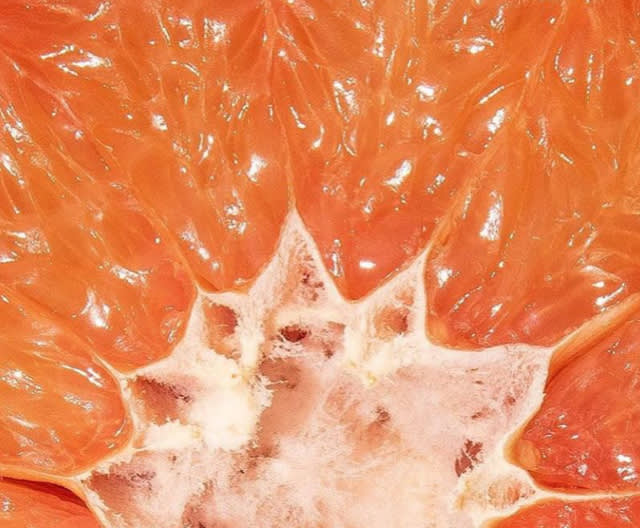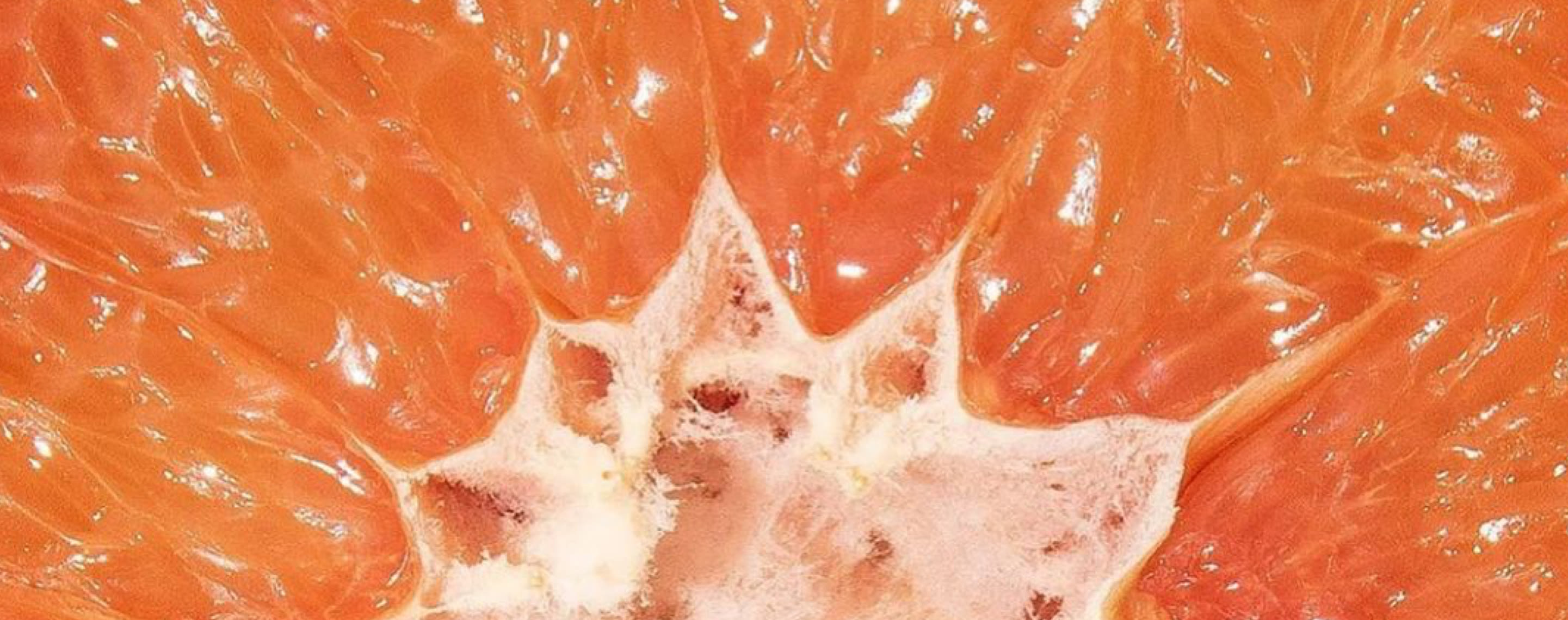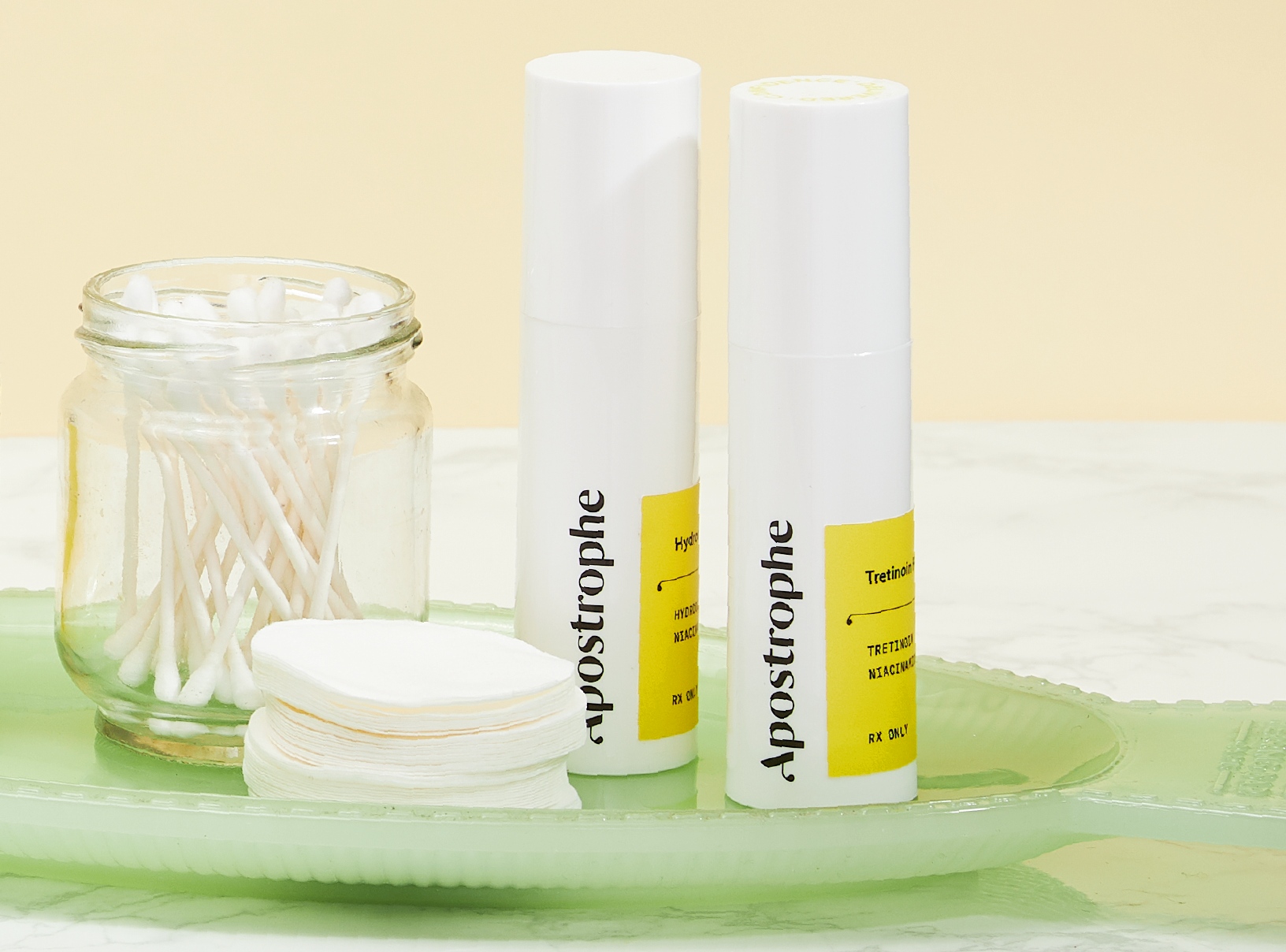Education
Every Type of Vitamin C and How Effective They Are


SHARE
Education
Every Type of Vitamin C and How Effective They Are
Medically reviewed by Aimee Paik, MD
Written by Daley Quinn
Last updated 8/1/2024
There are hundreds of skincare ingredients on the market that promise to help you get your glow on, but none are as popular, widely lauded, and proven to be effective in fighting signs of aging as vitamin C. A powerhouse antioxidant that’s been proven time and time again to help reverse signs of photo-damage (think hyperpigmentation and wrinkles), vitamin C is a wonderful ingredient to add to your daily skincare lineup.
That being said, not all vitamin C is created equal, and different forms of vitamin C can be found in different serums, moisturizers, and other products on the market. “Vitamin C is one of the few skincare ingredients to have evidence behind its topical use, and can help with hyperpigmentation and for some folks, wrinkle reduction,” explains Dr. Aimee Paik, board-certified dermatologist. “It’s an antioxidant, which means it can neutralize free radicals that you encounter via sunlight and things like pollution.”
While vitamin C can treat multiple types of skin concerns, the one issue it probably won’t help much with is acne. When using vitamin C to treat hyperpigmentation or fine lines, you’ll start to see significant results after four months of continued use, according to Dr. Paik. If you’re really paying attention, you might be able to see minimal results after just two weeks of continued use, but results will vary.
Below, we’ve outlined every type of vitamin C you need to know about and how effective each of them are in treating skin concerns.
Different types of vitamin C:
L-ascorbic acid
L-ascorbic acid (LAA) is a water-soluble type of vitamin C naturally found in your body. “It’s the most well researched, and effective, form of vitamin C but it is also the most unstable,” explains Dr. Paik. “Formulation with this type of vitamin c is notoriously difficult since the ingredient is hard to stabilize.”
When formulated correctly, however, LAA is the best at fading hyperpigmentation, stimulating collagen production, wrinkle reduction, and has one of the best antioxidant properties. “LAA works as an antioxidant by reacting with different free radicals the skin is exposed to and therefore neutralizing them on the skin,” says Dr. Paik.
Ascorbyl-6-palmitate
Ascorbyl-6-palmitate is a type of vitamin C derivative that’s fat-soluble, meaning you’ll typically find it in products with an oil or silicone base, such as lightweight serums. “Like other vitamin Cs, ascorbyl-6-palmitate is an antioxidant, but it’s not a popular derivative of Vitamin C because it lacks better stability than L-ascorbic acid,” explains Dr. Paik. “It also isn’t shown to convert to LAA in the skin (a reaction that we actually want to occur) and it hasn’t been shown to help with hyperpigmentation or wrinkles.”
Magnesium ascorbyl phosphate
Also called “MAP,” magnesium ascorbyl phosphate is a popular vitamin C derivative that is water-soluble and more stable in formulations. “MAP’s stronger points are its skin brightening abilities and potential help with wrinkles,” says Dr. Paik. However, “its weaker points are that it isn't as good of an antioxidant as LAA.”
3-0-ethylated ascorbic acid
What sets 3-0-ethylated ascorbic acid apart from the rest is that it’s a form of vitamin C that’s stable and soluble in both water and oil, so it's really versatile in formulation. “Most of the claims for this derivative are that it’s an antioxidant, can be anti-inflammatory, and can have skin-brightening properties,” explains Dr. Paik. “While this is another promising derivative, there is limited evidence for it.”
Sodium ascorbyl phosphate
Sodium ascorbyl phosphate (SAP) is another water-soluble LAA derivative that is much more stable in formulations. It’s more powerful in its antioxidant properties than MAP, and can potentially fade dark spots. “SAP is also shown to have anti-acne effects, and there are a few studies that show it can be helpful at clearing acne,” says Dr. Paik. “Some folks find that LAA can irritate their skin and cause their acne to flare up, so they may prefer applying SAP to their skin instead.”
Tetrahexyldecyl Ascorbate
A recently popularized derivative of vitamin C, tetrahexyldecyl ascorbate (THDA) is very stable, is oil-soluble, and has been shown to penetrate into the skin (and get deeper) better than LAA. “There are a lot of claims that this ingredient is better at wrinkle reduction and fading hyperpigmentation than LAA, but these are all in-vitro studies (aka not in humans or any living things), which makes it hard to determine if this ingredient is really as good as it’s claimed to be,” warns Dr. Paik.
Ascorbyl glucoside
Ascorbyl Glucoside (AG) is another promising derivative that is stable in formulas. “It has a lot of promising benefits (similar to LAA) but again, still mostly in-vitro studies only, so it's hard to really know what real benefit you’d see in your skin from using it,” says Dr. Paik.
So, which is the best type of vitamin C for the skin?
Of all the different forms of vitamin C available on the market, Dr. Paik is the biggest fan of LAA for its efficacy. “Overall, you’re best off with finding a solid LAA serum that is stable,” suggests Dr. Paik. “Look for vitamin E and ferulic acid alongside LAA, which is shown to help stabilize this ingredient.”

HYPERPIGMENTATION TREATMENT
Target dark spots and hyperpigmentation with customized prescription treatment.
Like what you just read? Sign up for our email list to get the scoop on skincare science delivered straight to your inbox.

Deep Dives
A dermatologist shares his thoughts on the recent studies about benzoyl peroxide and benzene.
Read More
Education
What is milia?
What is milia? Today, we’re jumping into one type of bump that you may have heard about most commonly in infants — milia.
Read More
Education
Best moisturizer for acne-prone skin
If you have combination acne-prone skin, figuring out which moisturizer is best for your skin might be tough. In this guide, we break down the best moisturizer for combination, acne-prone skin.
Read More